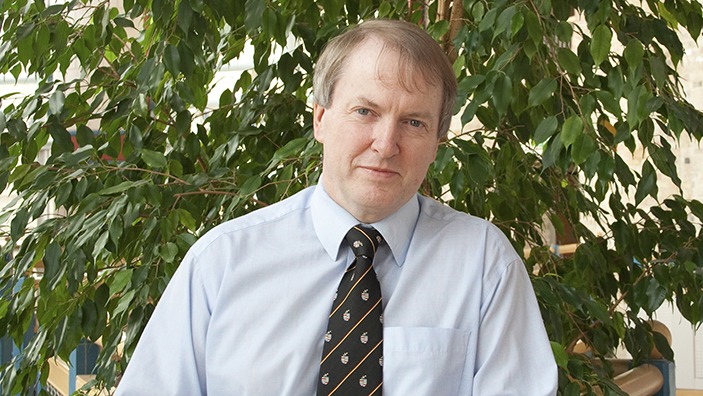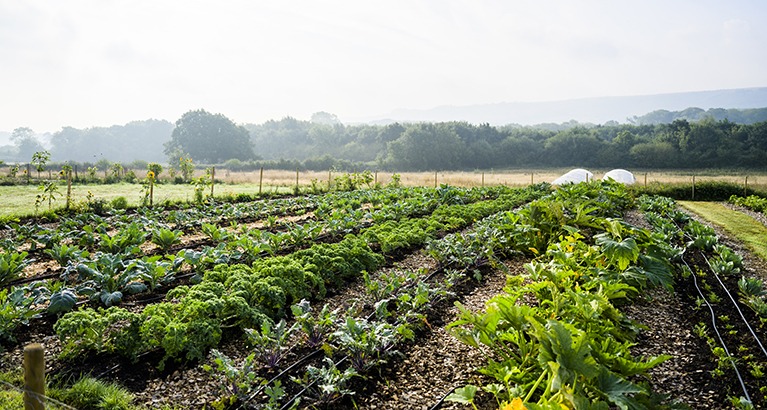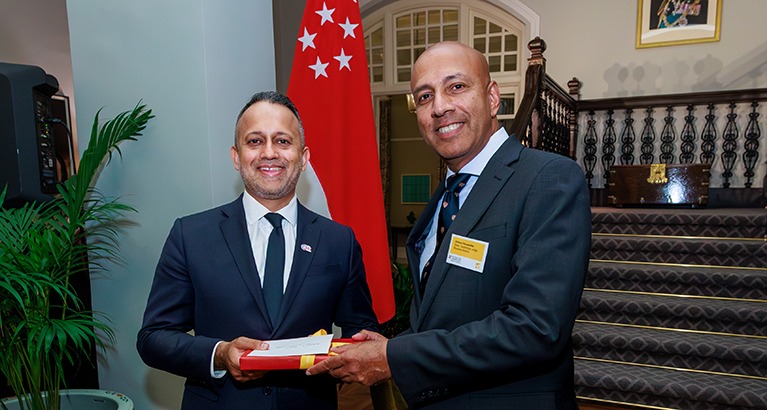From bountiful rainforests to vibrant coral reefs to bustling cities, The Nature Conservancy (TNC) is a global non-profit organisation working to address the some of the biggest environmental challenges of our time.
With a simple but meaningful mission to “conserve the lands and waters on which all life depends”, TNC has been working for the health of the planet since it was established in 1951.
TNC has continually adjusted its strategy and approaches as environmental challenges changed over the decades, and this included a new framework in recent years called the Shared Conservation Agenda that now includes 6 goals for 2030:
Avoid or sequester 3 billion metric tons of carbon dioxide emissions annually – the same as taking 650 million cars off the road every year.
Help 100 million people at severe risk of climate-related emergencies by safeguarding habitats that protect communities.
Conserve 650 million hectares – a land area twice the size of India – of biodiverse habitats such as forests, grasslands and desert.
Conserve 4 billion hectares of marine habitat – more than 10% of the world’s oceans – through protected areas, sustainable fishing and more.
Conserve 1 million kilometers of rivers—enough to stretch 25 times around the globe—plus 30 million hectares of lakes and wetlands.
Support the leadership of 45 million people from Indigenous and local communities in stewarding their environment and securing rights
New leadership development work began 5 years ago
TNC launched new leadership development work in 2018, in order to support leaders in effectively delivering the organisation’s mission, and decided to partner with the Executive Education division of Cambridge Judge Business School to support the organisation’s newly defined leadership competencies.
Together, they developed the ‘One Conservancy Leadership Development Programme (LDP)’, with 3 broad aims:
- developing self-awareness and presence (leading self)
- building healthy relationships within teams (leading others)
- leading a complex and evolving organisation (leading the organisation)
Supporting key goals of The Nature Conservancy
Led by Academic Programme Director Dr Philip Stiles, Associate Professor in Corporate Governance at Cambridge Judge, the Executive Education team engaged with research centres in the wider University of Cambridge to ensure it understood the nuances of the 2030 goals and the internal competencies identified as priority behaviours most likely to lead to success.
Among the outcomes TNC has set as goals for its leadership and professional development:
- thinking broadly with a long-term view
- setting challenging objectives based on a strong set of purpose
- taking ownership to help develop others’ skills
- communicating proactively to share information and address key issues

Dawn Denvir, TNC’s Global Managing Director, Organisational Learning and Development, said: “We needed a programme that would help our leaders better achieve our strategic imperatives, underpinned by our competency framework, and, which reflects and reinforces our values and culture. A successful leadership development programme balances factors that are relevant to both the individual and the organisation.”
Adds Philip Stiles: “Cambridge Judge Business School is uniquely placed to develop this leadership development programme for The Nature Conservancy. The business school can draw on its own expertise, but also tap the knowledge of faculties throughout the University of Cambridge to help tailor a programme to the needs of TNC professional development.”
We needed a programme that would help our leaders better achieve our strategic imperatives, underpinned by our competency framework, and, which reflects and reinforces our values and culture.
Blue Bonds help Barbados protect its coastline
Among the nearly 1,000 conservation sites that TNC is involved with around the world is the Blue Bonds for Ocean Conservation initiative in Barbados, a replicable project that aims to help protect 4 billion hectares of ocean by the end of the decade. Blue Bonds are a strategy to help governments increase conservation efforts in their coastal regions, as coastal nations are often hit hardest by climate change.
Under the Blue Bonds initiative, TNC works with governments, investors and global NGOs to refinance a portion of a nation’s debt in order to unlock funding for ocean conservation. Funds freed up through sovereign debt refinancing flow into an independently run conservation fund, which oversees how the money is spent to meet established conservation goals.
Skills to help lead a large and complex project
The leader of the TNC team on the Blue Bonds initiative, TNC Marine Spatial Planning Lead Dr Sherry Constantine, is among those who have participated in the LDP programme at Cambridge Judge.
“The LDP armed me with the tools and skills I needed to integrate, collaborate and lead this large complex project that involved several internal TNC teams and partner institutions all working collaboratively with one goal – the biggest possible conservation win for Barbados,” says Dr Constantine.
“The structured learning and practical tools provided by the programme honed my leadership skills and equipped me with the emotional intelligence to support my team through the most difficult challenges allowing us to successfully collaborate with our partners and deliver big project wins.”
A $50 million Blue Bond was negotiated last year by the Government of Barbados, TNC and the InterAmerican Development Bank.
“This Blue Bonds project is a bold step towards protecting and securing our marine environment that is critical to our continued survival as a people,” the Prime Minister of Barbados, Marion Mottley, said in an article on the TNC website when this Blue Bond arrangement was announced.
The structured learning and practical tools provided by the programme honed my leadership skills and equipped me with the emotional intelligence to support my team through the most difficult challenges allowing us to successfully collaborate with our partners and deliver big project wins.
Professional development to support fundraising activities
Other TNC initiatives that have benefited from competencies enhanced through the LDP involve creation of an Asia Pacific Development Training Certificate programme to enhance fundraising skills, and the establishment of a coaching culture at TNC, which is important given the key role that fundraising plays in the organisation’s work around the world.
Ed Cadogan, TNC Senior Regional Gift Strategist, participated in the LDP and later helped implement both projects. “The One Conservancy Leadership programme inspired the ideas for 2 capstone projects and gave me the skillset and understanding of complex projects and collaboration to see them to fruition,” he says. “Both projects have had a fundamental impact on the fundraising ability of the Nature Conservancy, which is so vital to our ability to make an impact and progress towards our 2030 goals.”
For example, a “Philanthropic Coaching Checklist” developed through the coaching-culture project includes tips on asking the right questions and showing empathy about a potential donor’s major life events such as sale of a business, death of a family member and health challenges, and also a list of common assets that a potential donor might have such as stocks, mutual funds and mineral rights.
By supporting LDP participants like Dr Constantine and Mr Cadogan in their professional development, the programme in turn helps TNC to help communities around the world safeguard their precious natural resources.
“We are very proud to help TNC leadership become even more effective in developing solutions to for some of the world’s most difficult problems, such as conserving rainforests and ensuring drinking water for millions of people,” says Allison Wheeler-Héau, Executive Director of Executive Education at Cambridge Judge.
We are very proud to help TNC leadership become even more effective in developing solutions to for some of the world’s most difficult problems, such as conserving rainforests and ensuring drinking water for millions of people





